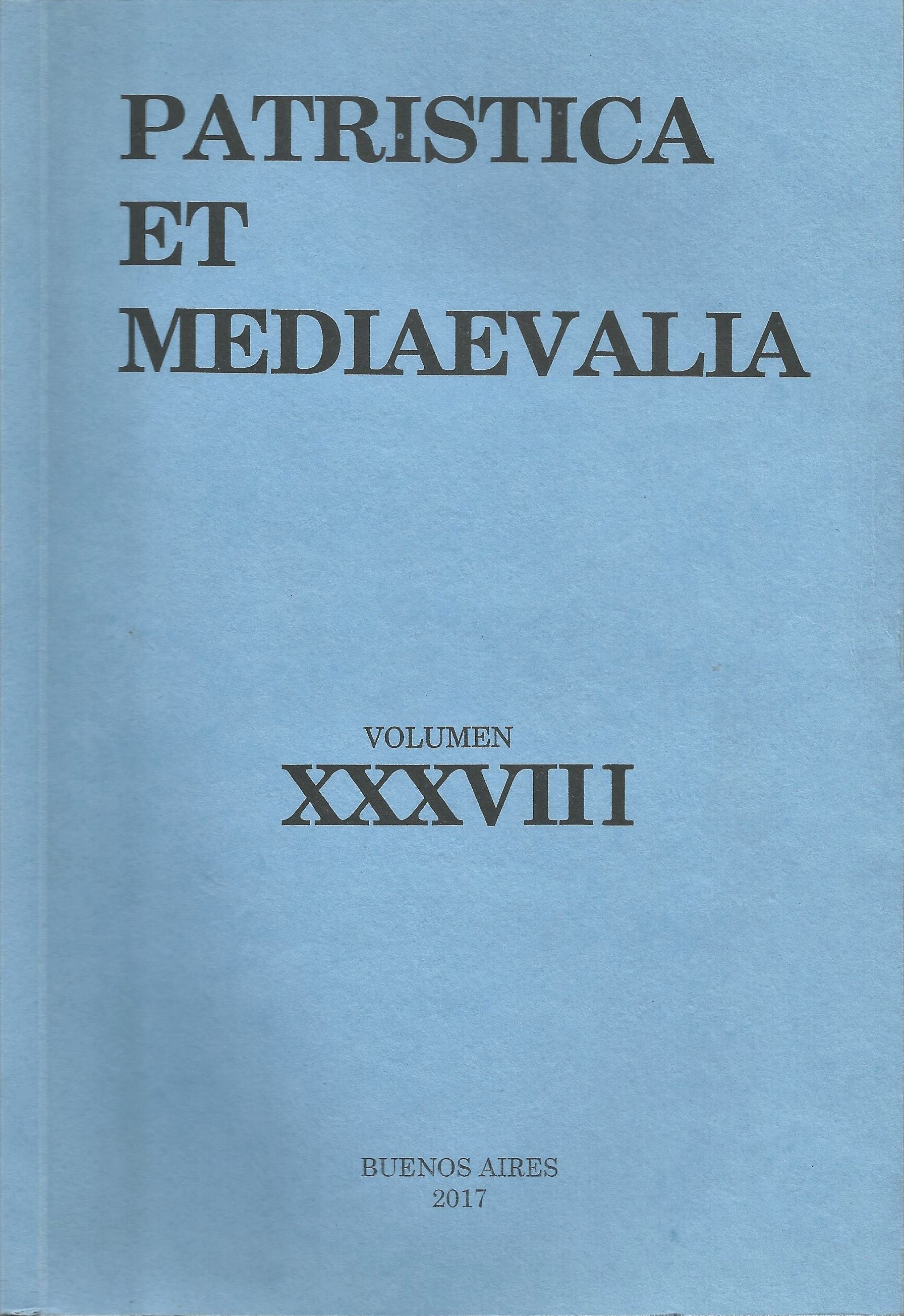Luis de Molina on Rights as Limits for Legislation
Abstract
Luis de Molina's Concept of Law shows similarities with aspects of R. Dworkin's Thought. In general, Modern discourse is useful for a proper analysis of Molina's rights-based legal theory, which, in turn, proves to be Modern. Thus, some elements of the present rights debate, for example between election theorists and interest theorists, are discussed with reference to Molina by showing how he uses ius in the sense of law as the basis of his legal theory. A central role is given to the concept of dominium, which helps to clarify what rights human beings can have and where their limits lie. At the same time, the way Molina uses that term also limits the power of human authorities over individuals, without claiming a human right to inalienable freedom: a person's freedom belongs to his dominium, so he can sell himself as a slave in certain circumstances.Downloads
References
Alexy, R. (1985). Theorie der Grundrechte. Frankfurt: Suhrkamp
Brett, A. (1997). Liberty, Right and Nature. Cambridge: Cambridge University Press.
Feinberg, J. (1980). Rights, Justice and the Bounds of Liberty. Princeton/ New York: Princeton University Press.
Dworkin, R. (1977-1978). Taking Rights Seriously. Cambridge: Harvard University Press.
Jones, P. (1994). Rights. Houndsmills: Palgrave.
Hart, H. (1982). Essays on Bentham: Studies in Jurisprudence and Political Theory. Oxford: Clarendon.
Hohfeld, W. (1913). Fundamental Legal Conceptions as Applied in Judicial Reasoning. Yale Law Journal.
Morris, C. (2012). Some Questions about Rights. In Marmo, A. (Ed). The Routledge Companion to Philosophy of Law. London: Routledge, 557-568.
Steiner, H. (1994). An Essay on Rights. Oxford: Blackwell.
Stepanians, M. (2007). Individuelle Rechte. Paderborn: Mentis.
Tellkamp, J. (2014). Rights and Dominium. En Kaufmann, M & Aichele, A. (Eds). A Companion to Luis de Molina. Leiden/Boston: Brill, 125-154.
Tierney, B. (1997). The Idea of Natural Rights. Studies on Natural Rights, Natural Law and Church Law. Cambridge: W. Eerdmans Publishing Company. Grand Rapids.
Wenar, L. (2015). “Rights”, in: Stanford Encyclopedia of Philosophy.
1. The authors who publish in this magazine accept the following conditions:
-
They retain the copyright and grant to the magazine the right of the first publication, with the work registered under the Attribution-ShareAlike 4.0 International License that allows third parties to use what is published as long as they mention the authorship of the work and the first publication in this magazine.
-
They can make other independent and additional contractual agreements for the non-exclusive distribution of the version of the article published in this magazine (eg. include it in an institutional repository or publish it in a book) provided that they clearly indicate that the work was first published in this journal.
-
They are allowed and recommended to publish their work on the Internet (for example on institutional or personal pages).
2. AutoArchive Conditions. Authors are allowed and encouraged to distribute post-print electronic versions of their manuscripts because it promotes their circulation, a possible increase of quotation and a major reach among the Academic community. Color RoMEO: blue.













